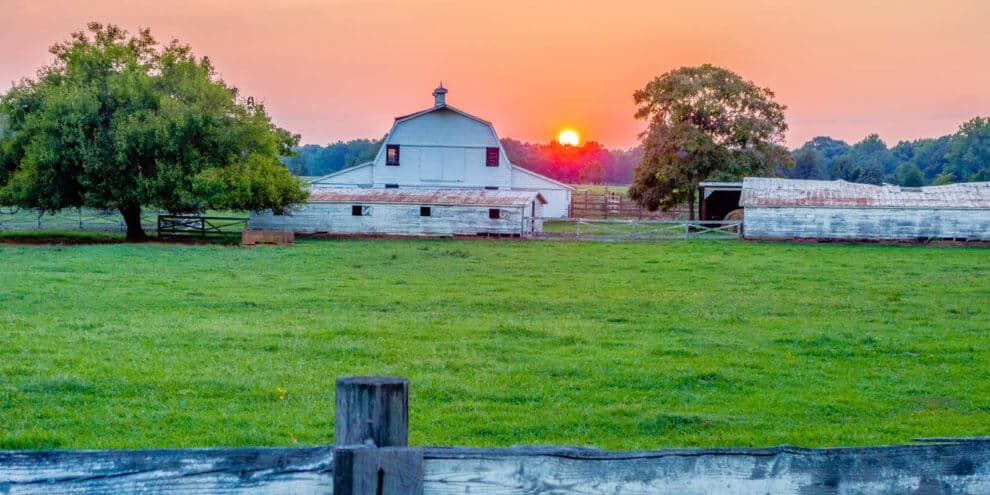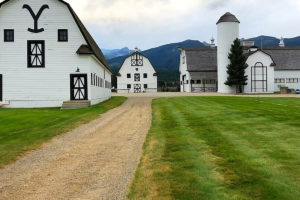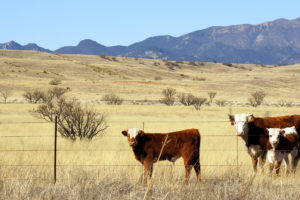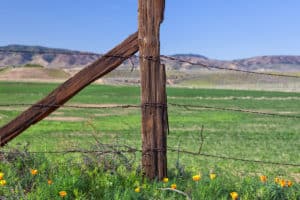Not all ranches are created equal. There are many Americans that dream of living the ranch life; however, actually owning and operating a full-on ranch just isn’t feasible. The good news is, there is a smaller and more pocketbook friendly alternative.
Ranchettes have been gaining popularity across the country for many years, largely on the Western side of the United States. Developed in the 1920’s, ranchettes are defined as a small ranch. It is usually a relatively large plot of land, 40 acres or less, often on the outskirts of a major metropolitan area with a house and possibly a barn on the property.
There are benefits and downfalls to consider before investing in a ranchette. We’ve broken down some facts about these specific properties.
- Ranchettes are a more affordable option for those with an interest in ranchland. With a smaller amount of land, there are less costs off the top and less cost to maintain.
- Since ranchettes are closer to urban areas, they appeal to more than outdoor enthusiasts. You can live the ranch life while being close to metro areas.
- The acreage might be smaller, but the homes tend to be larger and more luxurious.
- Even though it’s less land, you could still qualify for tax breaks from the government. This could save you some extra money.
- The supply of ranchettes in many states is low due to laws forbidding parcels of ranchland to be sold separately, but the demand is still there. This could mean a wise investment in the long run if you want to sell.
While there are perks to owning a ranchette, there are many things to consider before purchasing any type of ranch.
- How many and what animals can your property support? It’s important not to overestimate the carrying capacity of your land.
- How much time is required? Owning any type of ranch doesn’t mean it will take care of itself. Even smaller ranches require a certain level of management. You may need up to 15-20 hours of labor per week on your ranchette for maintenance and care of animals.
- How much income is expected? Are you planning on making money on your ranch? If so, you should realize that income varies greatly depending on livestock prices, land prices, your total overhead and other factors.
- Are there any land use restrictions, easements, etc? Review all of your questions with an experienced tax practitioner before making a purchase.
Once you have all your ducks in a row, you’re ready to go. Living on a ranch of any kind has its advantages, but it’s not for everyone.
This content may not be used or reproduced in any manner whatsoever, in part or in whole, without written permission of LANDTHINK. Use of this content without permission is a violation of federal copyright law. The articles, posts, comments, opinions and information provided by LANDTHINK are for informational and research purposes only and DOES NOT substitute or coincide with the advice of an attorney, accountant, real estate broker or any other licensed real estate professional. LANDTHINK strongly advises visitors and readers to seek their own professional guidance and advice related to buying, investing in or selling real estate.










Add Comment